Help!!!!!!!Potty training a schnoodle
jewelbug
17 years ago
Featured Answer
Sort by:Oldest
Comments (13)
mazer415
17 years agolast modified: 9 years agoRelated Professionals
Bull Run Architects & Building Designers · Hillcrest Heights Architects & Building Designers · Washington Architects & Building Designers · Chino Hills Furniture & Accessories · Glendale Heights Cabinets & Cabinetry · Los Altos Cabinets & Cabinetry · Hilton Head Island Flooring Contractors · Land O' Lakes Flooring Contractors · Owatonna Flooring Contractors · Reading Flooring Contractors · Reno Flooring Contractors · Roseville Flooring Contractors · San Jose Flooring Contractors · Superior Flooring Contractors · Whitman Flooring Contractorsspiritual_gardner
17 years agolast modified: 9 years agoGina_W
17 years agolast modified: 9 years agojewelbug
17 years agolast modified: 9 years agozarapenobscot
17 years agolast modified: 9 years agoclt3
17 years agolast modified: 9 years agospiritual_gardner
17 years agolast modified: 9 years agojewelbug
17 years agolast modified: 9 years agomeasure_twice
17 years agolast modified: 9 years agospiritual_gardner
17 years agolast modified: 9 years agojoepyeweed
17 years agolast modified: 9 years agogroomingal
17 years agolast modified: 9 years ago
Related Stories
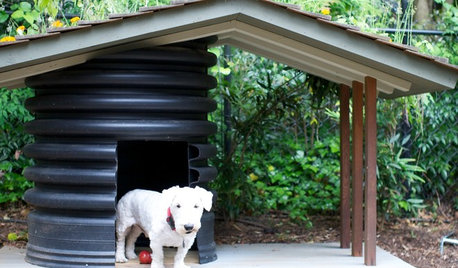
PETSHow to Help Your Dog Be a Good Neighbor
Good fences certainly help, but be sure to introduce your pup to the neighbors and check in from time to time
Full Story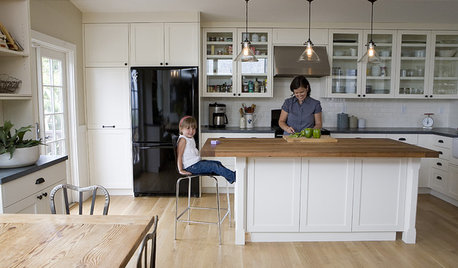
ORGANIZINGDo It for the Kids! A Few Routines Help a Home Run More Smoothly
Not a Naturally Organized person? These tips can help you tackle the onslaught of papers, meals, laundry — and even help you find your keys
Full Story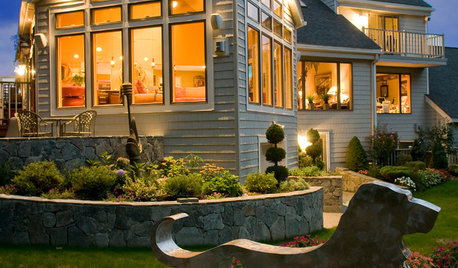
PETS6 Ways to Help Your Dog and Landscape Play Nicely Together
Keep your prized plantings intact and your dog happy too, with this wisdom from an expert gardener and dog guardian
Full Story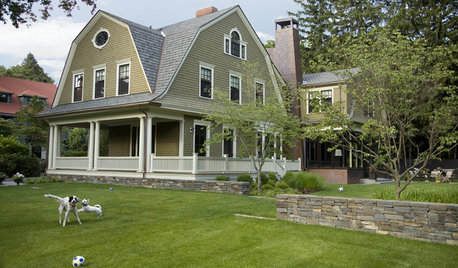
PETSSo You're Thinking About Getting a Dog
Prepare yourself for the realities of training, cost and the impact that lovable pooch might have on your house
Full Story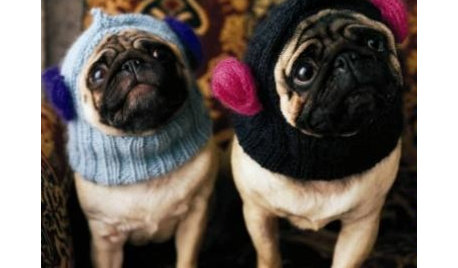
PRODUCT PICKSGuest Picks: Wintertime Comforts for Your Pooch
Help your favorite furry friend stay snuggly warm and protected with these doggie booties, blankets, vests and beds
Full Story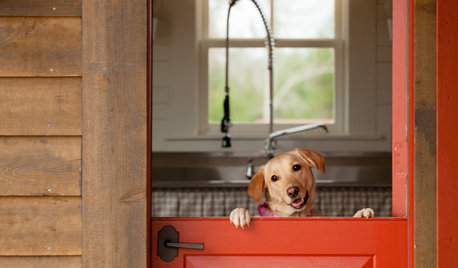
LIFEThe Polite House: On Dogs at House Parties and Working With Relatives
Emily Post’s great-great-granddaughter gives advice on having dogs at parties and handling a family member’s offer to help with projects
Full Story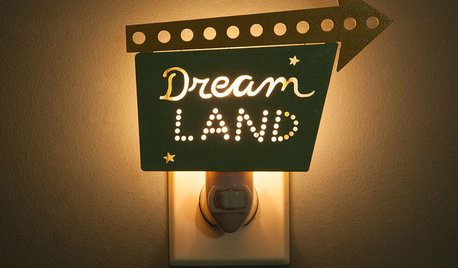
PRODUCT PICKSGuest Picks: Nightlights Worth a Spotlight
Forget drab plastic standards. These unusual illuminators help a bedroom, bathroom or kitchen really shine
Full Story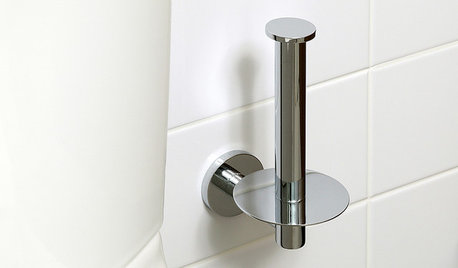
FUN HOUZZ14 Things You Need to Start Doing Now for Your Spouse’s Sake
You have no idea how annoying your habits at home can be. We’re here to tell you
Full Story
LIFEPolar Vortex: How Houzzers Are Coping With the Storm
Spirits are staying high even as the mercury plunges to new lows. Do any of these firsthand accounts sound familiar?
Full Story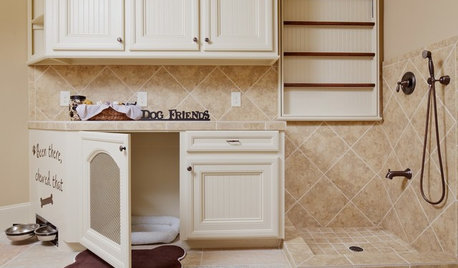
PETSThe Crate Conundrum: A Safe Place for Your Pooch
Get ideas for a comfy den for your dog that works well with your space too
Full StoryMore Discussions






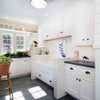
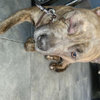
joepyeweed